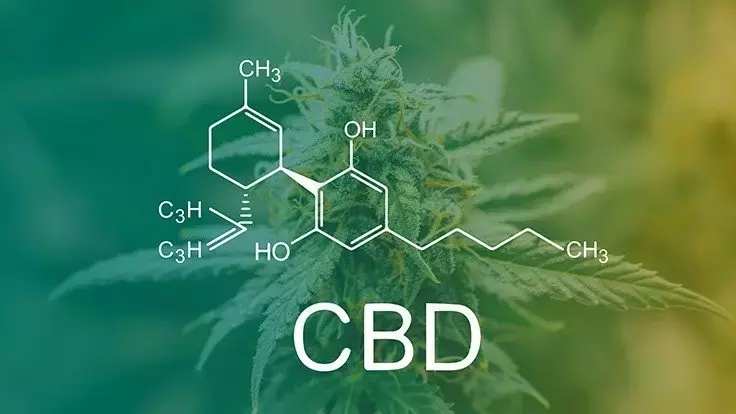
The Portuguese National Authority for Medicines and Health Products (Infarmed) has issued a directive to remove several CBD-infused cosmetic products from shelves, citing the substance's classification as a narcotic under national law. This move contradicts the European Union’s principles of free trade and could have significant implications for both local businesses and consumers. The decision affects well-known brands like SVR, Naturasor, and Dermacol, potentially disrupting the burgeoning market for CBD-based skincare products in Portugal. The regulator's stance challenges the 2020 ruling by the European Court of Justice, which declared that CBD does not qualify as a narcotic under international conventions. This enforcement may force companies to reformulate their products or explore synthetic alternatives to comply with regulations.
The controversy surrounding CBD classification in Portugal stems from conflicting legal interpretations between national and EU-level authorities. Infarmed maintains that cannabis-derived CBD falls under the category of narcotics within the country's legal framework. However, this position is at odds with the broader European regulatory environment. The European Court of Justice previously ruled that CBD should not be classified as a controlled substance according to international standards. This discrepancy creates a challenging landscape for businesses operating in the cosmetics sector, particularly those specializing in natural ingredients. Manufacturers now face the dilemma of either altering their product formulations or exiting the Portuguese market altogether.
This situation also highlights the tension between consumer demand and regulatory policies. As interest in CBD-based personal care items grows across Europe, Portugal's strict stance introduces uncertainty into the market. Companies must navigate this complex regulatory environment while ensuring compliance with local laws. The potential for legal challenges looms large, especially if other EU member states continue to adopt more lenient approaches toward CBD products. This divergence in policy could deter investment and innovation in Portugal's cosmetics industry, impacting its competitiveness within the European market.
The impact of this regulatory decision extends beyond immediate market disruptions. It sets a precedent that may influence future legislation and business strategies in the region. Companies will need to carefully consider how to adapt their operations to align with varying national regulations while maintaining adherence to EU-wide standards. Ultimately, the resolution of this issue will likely depend on further dialogue between Portuguese authorities and EU institutions to harmonize their approaches and ensure fair treatment of legally produced CBD products.
